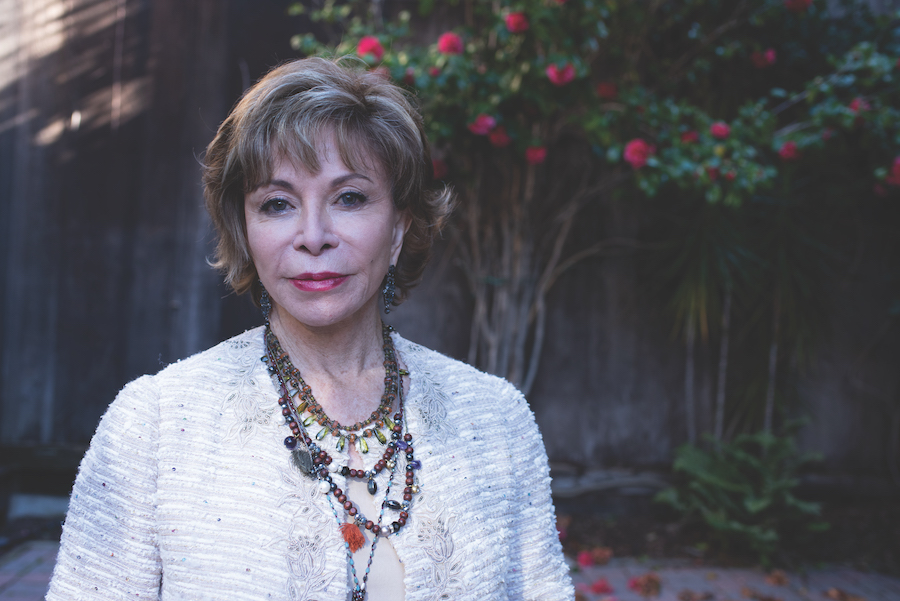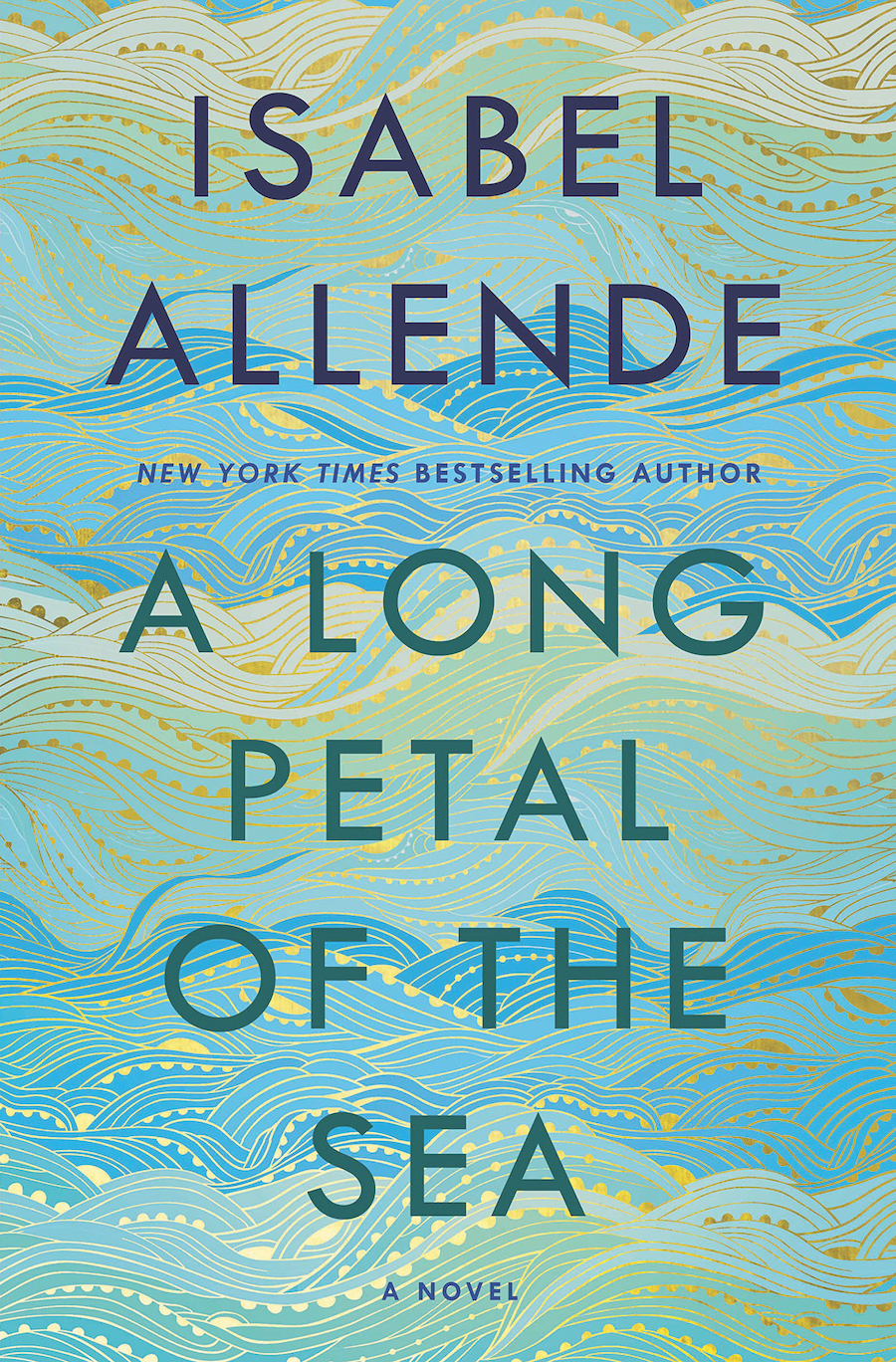With so much reading time between gardening days and walks to the bay in my privileged Eastham world, I was fortunate to have picked up Isabel Allende’s newest work of historical fiction, A Long Petal of the Sea, at Main Street Books in Orleans before the coronavirus shutdown began.

It could not have been more relevant. Allende’s novel serves up the heroism of medical frontline workers, an epidemic of an earlier era, refugee camps, love that’s long and deep, fleeting intimacy, great wealth juxtaposed with wretched poverty, generational relations, fascist coups, and visionary politics. Here is an epic tale of good-natured people experiencing the brutal blows of ill-tempered times.
Allende’s novels — she’s best known for The House of the Spirits — have been regaling me for years. A favorite is Island Beneath the Sea, the saga of a Haitian woman born into slavery whose determination to forge her own way takes her through the Haitian revolution to New Orleans. In this newest story, each chapter is fronted by poetry from the late Pablo Neruda, and he is also a character in the fictional tale.
The saga begins in the harsh, impassioned time of the Spanish Civil War. (The memory of Ingrid Bergman and Gary Cooper in a candlelit cave reminds me that all I know about the war is Hemingway put to film in For Whom the Bell Tolls.) The story follows the feudal order of agrarian Spain as it moves toward elected, republican government. The change registers with an embittered old royalist landowner: “From one day to the next, the peasants began to speak to him without doffing their caps or lowering their eyes.”

In a Republican household in Barcelona, a grand piano and endless chess games characterize a home life of conviviality under stress. The anarchist music professor father and his much younger partner, a schoolteacher who later teaches partisan militiamen to read, raise two sons. One goes to medical school, dropping out to work as a medic after Gen. Francisco Franco and his Fascist troops attack the government and civil war erupts. The other brother, charismatic and wild, fights on the front lines in Madrid alongside Americans from the Abraham Lincoln Brigade, writing home that “walls are full of holes, a lot like colanders from mortars, ruins everywhere.” This conjures present-day Syria.
Likewise, the civil war images of bloody brutality connect with battles for racial justice currently raging in the U.S. Reading Allende, I am aware of the contrasting safety that I and many white Cape Codders take for granted.
“The Fascists … sometimes they’re so close we can smell the tobacco they’re smoking,” writes the younger brother home to his sweetheart. Compared to this war front, I am surrounded by a beautiful, peaceful place with locust leaves sprouting and summer inching in around us. Yes, I miss terribly meals shared with friends and in-person conversations, and I worry about family members far away. But in the larger scheme of things: doing OK here.
Returning to Allende: after the Republicans are defeated, there is a perilous escape over the Pyrenees in frigid temperatures, then a refugee camp on a French beach, and eventually a boat to the Americas. Pablo Neruda organizes Spanish refugees to board a crowded converted cargo ship to Chile.
At the center of the story now are the former medic and his pregnant wife, who make their home on the coast of Chile. She is a brilliant pianist, performing grand concerts in Caracas and becoming the darling of the Venezuelan president. He returns to medical school and becomes an acclaimed practitioner and professor of heart surgery. Their son grows up. They find themselves in a community with aristocrats, intellectuals, and Neruda himself. Salvador Allende, the socialist elected president of Chile (and the author’s uncle), enters the story. Two years into his term, he’s assassinated during a CIA-backed coup by Gen. Augusto Pinochet.
In Isabel Allende’s novel, we as readers survive the Pinochet era, as many thousands of “disappeared” Chileans do not. Though Allende’s book engrossed me for a week in March, I am still haunted by the struggles of its characters. As I reflect on the inevitable changes to our society from the traumatic events of Covid-19, I recall the people in the story swept along by global forces beyond their control.
Could our isolation gone toxic be exploited for further plundering of our economy? Or what Indian author Arundhati Roy suggested in the Financial Times: “Nothing could be worse than a return to normalcy.”
Reading Allende’s novel reminds us that during harrowing life circumstances our stories support us, connect us, allow us to make coherent sense of our experiences together amid the havoc. They offer a long view of possibility. Isabel Allende has done that for me in A Long Petal of the Sea.



